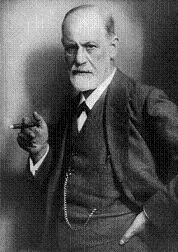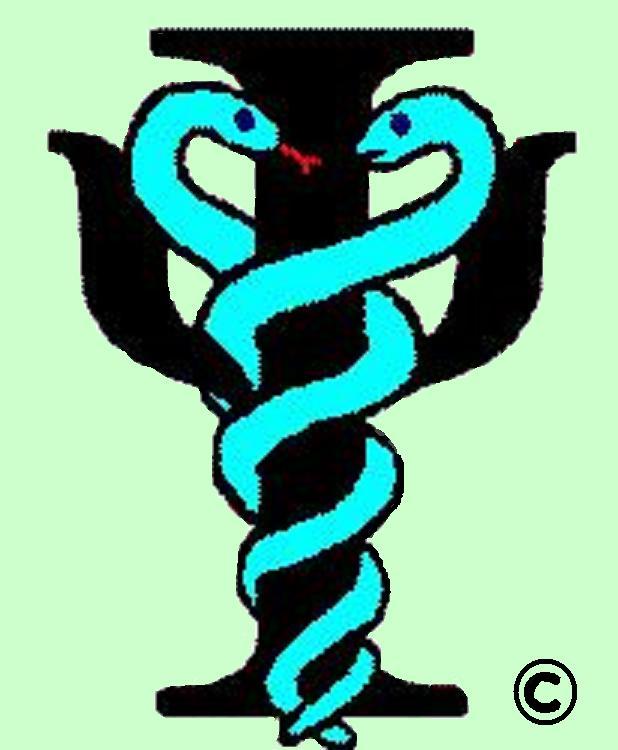|
About Our Staff
About Therapy
Services
Neuropsychology
Neurocognitive
Rehabilitation
Health Psychology
Biofeedback
Neurofeedback
Pain Management
Stress Management
CBT
Policies
Office
Contact Us
Useful Sites
Home
| |
|
The term psychotherapy refers to
counseling provided by a
psychotherapist, psychologist or psychiatrist to a client
or patient, with the purpose of helping the client overcome
a psychological problem. The formal practice of psychotherapy
began, for all practical purposes, with Sigmund Freud in
Europe, although even before Freud other medical practitioners
had begun to develop theories and treatments for various
specific psychopathologies. Freud's system of psychoanalysis
is still used by some practitioners today, along with variants
developed by people such as Carl Jung. Now, a century after
Freud published his initial theories,
hundreds of additional psychotherapy techniques have been
developed.
| |

Sigmund Freud
|
|
Cognitive behavioral therapy, often called CBT, refers to
a set of psychotherapeutic techniques which share certain
basic characteristics.
These therapies are based on a model of emotional
response which states that feelings and behaviors result from
thoughts rather than as a direct response to situations or
events.
If a person can change
the way he or she thinks about a type of situation or occurrence,
then new thought patterns can be developed to allow the person
to feel
and act better even if the situation itself has not changed.
Consequently, new response
patterns resulting in better feelings and behaviors can
replace the old ones.
Initially in a course of CBT, the therapist will help the client
define a set of goals for the therapy. Once these have been set,
the therapist works with the client to reach these goals by
changing the way the patient evaluates situations and responds
to them. The process focuses on teaching the client more rational
approaches to situations and helping the client to develop the
tools and techniques for dealing constructively with similar
situations in the future by him or herself. A
tenet central to CBT is that thoughts about a situation do
not necessarily correspond accurately to the actual situation,
and should not be accepted as fact but instead reexamined and
modified to correspond more closely to reality.
|
|


